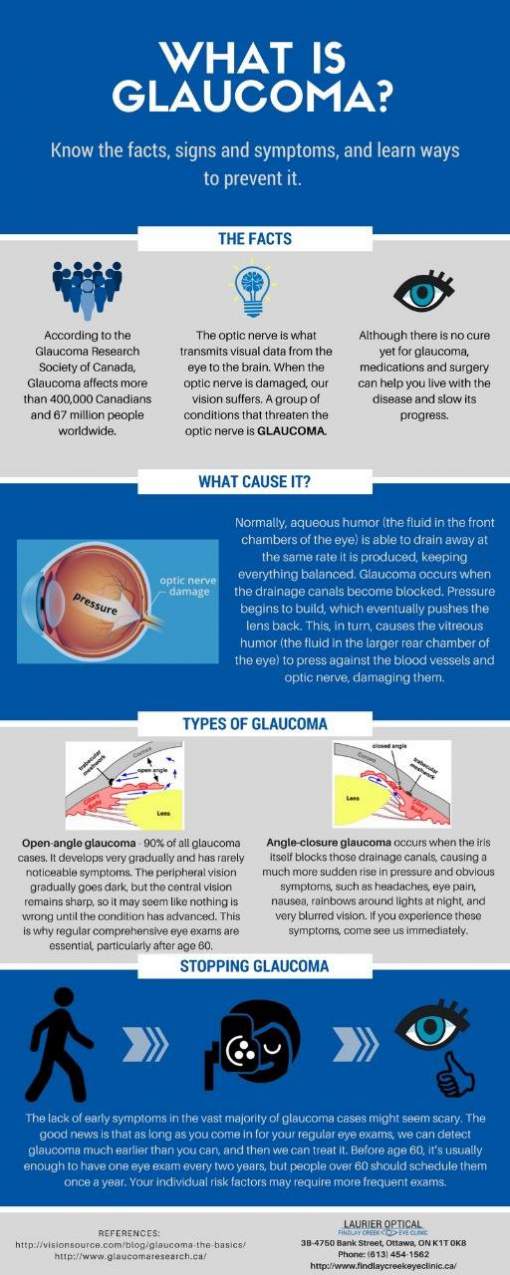A Caretaker'S Overview To Supporting A Loved One Via Cataract Surgical Procedure
A Caretaker'S Overview To Supporting A Loved One Via Cataract Surgical Procedure
Blog Article
Article Writer-Gentry MacLean
As a caregiver sustaining a liked one encountering cataract surgical procedure, your function is essential in guaranteeing their comfort and recovery. From pre-surgery preparations to post-operative treatment, your presence and assistance can make a substantial difference in their journey. Recognizing the emotional and physical obstacles they might run into, providing useful assistance, and being their column of support are key elements in this process. Bear in mind, your role exceeds simply supplying support; it has to do with being a source of strength and comfort throughout a considerable stage in their life.
Understanding Cataract Surgery Refine
Exploring the steps involved in cataract surgery can aid minimize any type of anxiety or unpredictability you may have concerning the procedure. Cataract surgery is an usual and very effective treatment that includes getting rid of the gloomy lens in your eye and replacing it with a clear man-made lens.
Before the surgical procedure, your eye will certainly be numbed with eye decreases or an injection to guarantee you don't really feel any type of pain during the treatment. The surgeon will make a little cut in your eye to access the cataract and break it up making use of ultrasound waves before very carefully removing it.
When the cataract is removed, the man-made lens will be inserted in its place. The entire surgical treatment typically takes about 15-30 minutes per eye and is usually done one eye at a time.
After the surgery, you may experience some light pain or obscured vision, however this is regular and should enhance as your eye heals.
Preparing for Surgical Procedure With Each Other
To guarantee a smooth and stress-free experience, preparing for cataract surgery together can make a considerable distinction in your loved one's journey. Begin by going to pre-surgery assessments with them. By doing this, you can ask inquiries, comprehend the treatment, and give emotional support.
Help them arrange their pre-operative instructions, drugs, and transportation to and from the surgical center. See to Get the facts awaits their healing by establishing a comfy space with simple access to necessary products.
Aid them in arranging for post-operative care if required, such as help with meals or household jobs. Motivate them to follow the doctor's guidance concerning fasting before surgical procedure and medicine protocols.
Comfort them that you'll be there for them every action of the way. By proactively participating in the prep work process, you can reduce anxiety and make sure that your liked one feels sustained and cared for throughout this important time.
Post-Operative Care Tips
After cataract surgery, providing proper post-operative treatment is crucial for your loved one's recovery. Guarantee they put on the protective guard over their eye as advised by the medical professional. Help disadvantages to cataract surgery administer prescribed eye declines and drugs promptly to avoid infection and help healing.
Urge your loved one to stay clear of touching or rubbing their eyes, as this can lead to problems. Help them in adhering to any constraints on flexing, raising heavy things, or joining laborious activities to prevent pressure on the eyes. Make certain they go to all follow-up consultations with the eye doctor for keeping track of progression.
Keep the eye location tidy and completely dry, staying clear of water or soap directly in the eyes. Motivate your liked one to put on sunglasses to secure their eyes from bright light and glare during the healing process. Be patient and encouraging as they recoup, supplying aid with day-to-day tasks as required.
Conclusion
To conclude, supporting an enjoyed one via cataract surgical treatment entails being there every step of the way, from pre-surgery preparations to post-operative care. Your emotional support, functional support, and motivation can make a significant distinction in their healing procedure. By remaining informed, arranged, and attentive to their demands, you can help make sure a successful outcome and offer them with the convenience and confidence they need throughout this difficult time.
